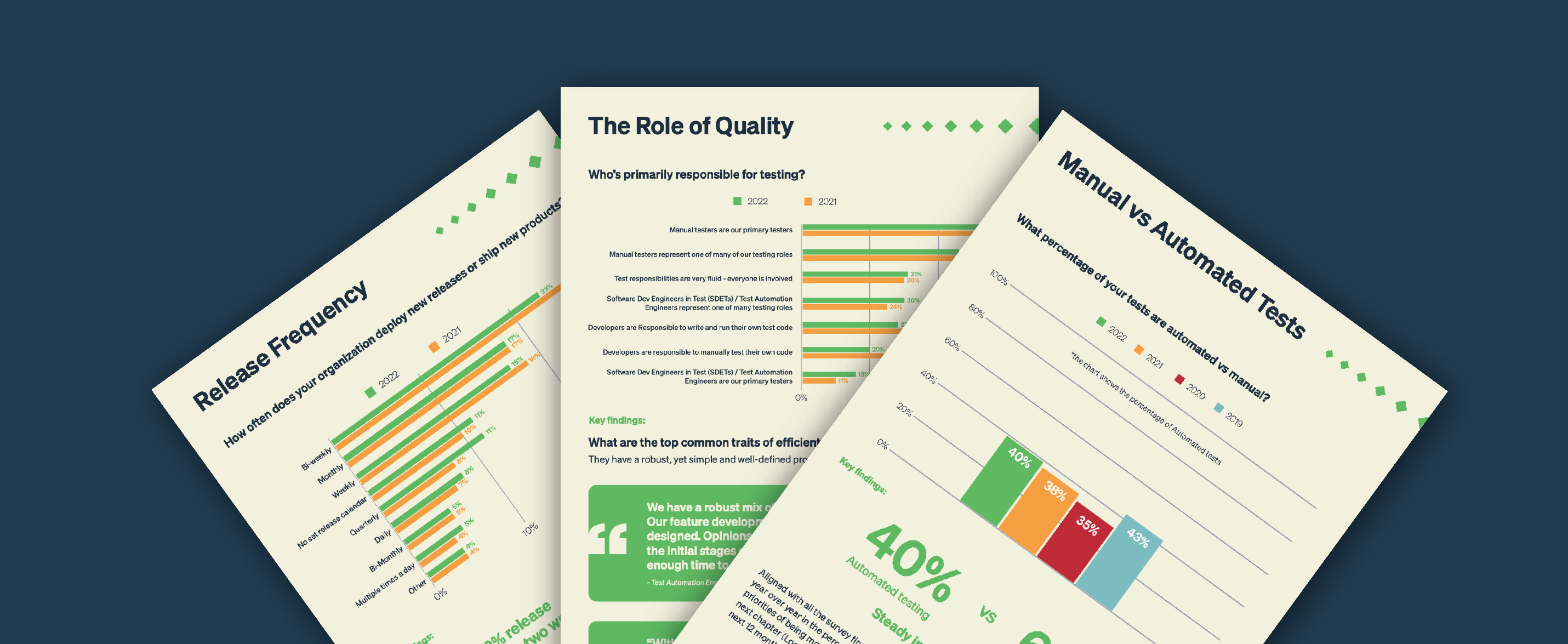Best QA Management Tools for Your QA Team
✓ Track test progress
✓ Get real-time insights into the quality of your application
✓ Streamline your team’s productivity
What should you look for in a QA management tool?
The best test management tools give you a way to build scalable workflows that fit your QA team.
Allows you to organize test cases in custom folders or sort and group based on test case fields like priority, component, test type, etc.
Gives you the ability to create customizable test case templates for multiple types of testing, like regression, functional, UAT, end-to-end, exploratory, smoke, and performance testing
Helps you track testing progress for a variety of testing methodologies — including manual testing and automated testing — in one centralized platform
Links testing with requirement management, issue tracking, and other bug tracking tools to report on traceability and track coverage
Increases visibility and transparency into test cycles and testing milestones for testers, development, product, and other business stakeholders
Makes it easy to onboard team members with a user-friendly UI/UX
Integrates with the other tools you use in your software development lifecycle (like Jenkins, GitHub, Selenium, Playwright, Cypress, etc.)
TestRail is the leading test management solution
Orchestrate your entire QA process with ease
Join over 10,000 QA teams using TestRail to release flawless products, faster


Deep integrations mean deeper insights
Beyond the product
How to Report on Traceability and Test Coverage in Jira
In this blog post, we cover why test coverage and traceability are essential, and how you can show test coverage, manage requirements traceability, and create a traceability report when using Jira to manage software development.
The 2023 Software Testing Quality Report
In this report, we uncover surprising data about the adoption of test automation, questions about the business impact and ROI of testing, and people’s primary objectives around quality right now. Plus, learn more about the most common traits of efficient and happy QA teams—the key to unlocking a high-performing team may be simpler than you think!
Test Automation: Don't Believe the Hype
In this webinar, Diogo Rede, TestRail’s Solution Architect & Testing Advocate, walks you through common misconceptions about test automation and how to build an approach to automation that works for your team's unique needs.


